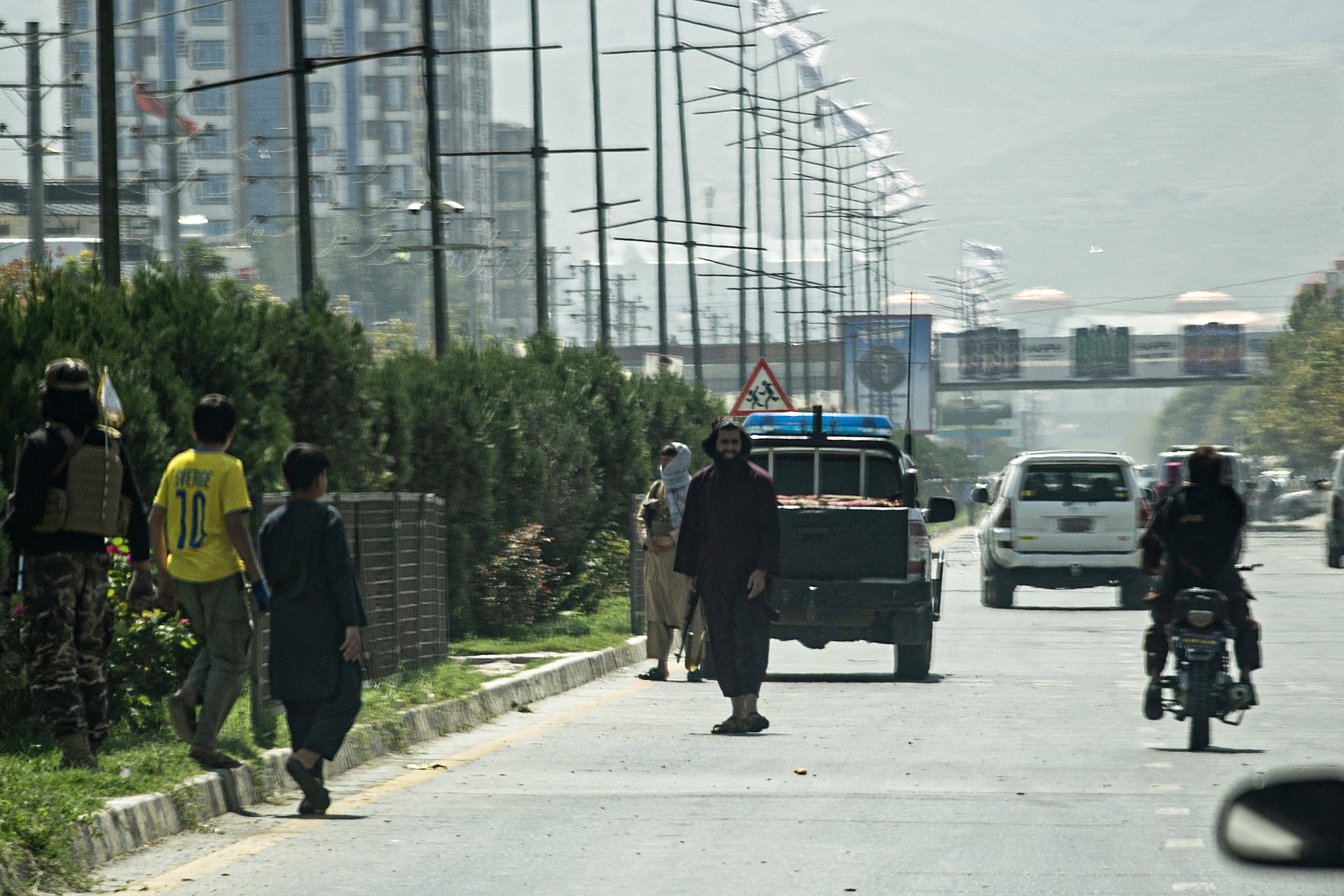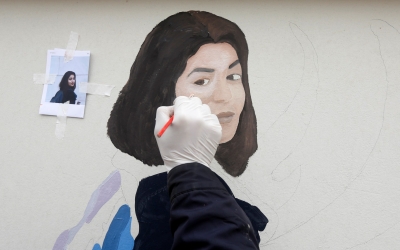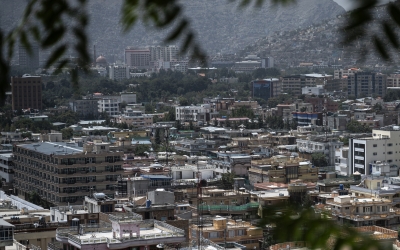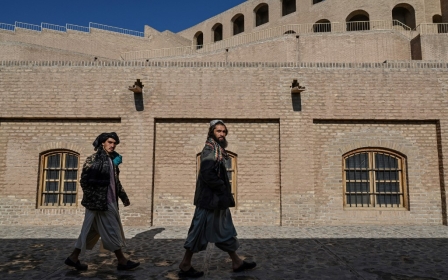Afghanistan's Taliban sign import agreement with Russia: Report

The Taliban have signed a provisional agreement with Russia to supply gasoline, diesel, gas, and wheat to Afghanistan, acting Afghan Commerce and Industry Minister Haji Nooruddin Azizi told Reuters.
The announcement marks the first major international economic deal by the Taliban with a foreign government beyond its borders since the group came to power following the US’s chaotic withdrawal from the country in August 2021.
No country, including Russia, has formally recognised the Taliban as the legitimate government of Afghanistan, although Russia is one of several countries that has maintained its embassy in the capital Kabul.
Azizi said that Russia had agreed to discount supplies to the Taliban, compared to average global commodity prices. The deal will see Moscow supply around one million tonnes of gasoline, one million tonnes of diesel, 500,000 tonnes of liquefied petroleum gas (LPG) and two million tonnes of wheat annually, to the country.
The agreement will begin with a trial period for an unspecified amount of time and a final deal will be struck if both sides are satisfied with the arrangement.
New MEE newsletter: Jerusalem Dispatch
Sign up to get the latest insights and analysis on Israel-Palestine, alongside Turkey Unpacked and other MEE newsletters
No details have been provided on pricing or payment methods, but according to the Reuters report, Russia has agreed to a discount on goods delivered by road and rail.
Russia has increasingly turned East for partners as it faces isolation in the West over its invasion of Ukraine. The Kremlin has purchased armed drones from Iran and is looking to deepen economic ties with Turkey.
'National interest'
Afghanistan’s economy has been in dire straits after the US withdrew from the country and froze the Afghan Central Bank’s funds following the Taliban takeover. Foreign aid, which accounted for 95 percent of the government's budget under the previous administration, has been cut. It is estimated that 95 percent of the population does not have enough to eat.
"Afghans are in great need," Azizi told Reuters. "Whatever we do, we do it based on national interest and the people's benefit.”
He added that Afghanistan was already receiving some gas and oil from Iran and Turkmenistan and had strong trade ties with Pakistan, but is looking to diversify.
"A country ... shouldn't be dependent on just one country, we should have alternative ways," he said.
The US is also engaged in talks with the Taliban. This month Washington announced that it would release roughly half of the frozen $7bn in funds for monetary and humanitarian aid. Details of the plan are scarce and the Taliban has demanded the full amount. It’s unclear how the agreement with Russia will impact negotiations.
The agreement with Russia comes as the Taliban find themselves under increased pressure in the West, following the revelation that al-Qaeda leader Ayman al-Zawahiri had been living in Kabul. Zawahiri was killed by a US drone strike in July.
In September, the UN’s envoy to Afghanistan, Markus Potzel, said the world was losing patience with the Taliban over the group’s refusal to allow girls' education and the question marks over its links to al-Qaeda.
Middle East Eye delivers independent and unrivalled coverage and analysis of the Middle East, North Africa and beyond. To learn more about republishing this content and the associated fees, please fill out this form. More about MEE can be found here.






